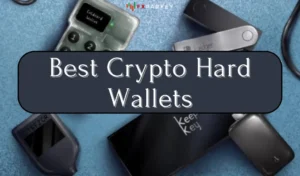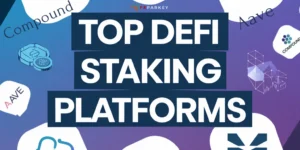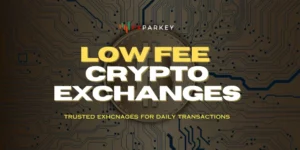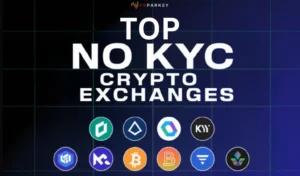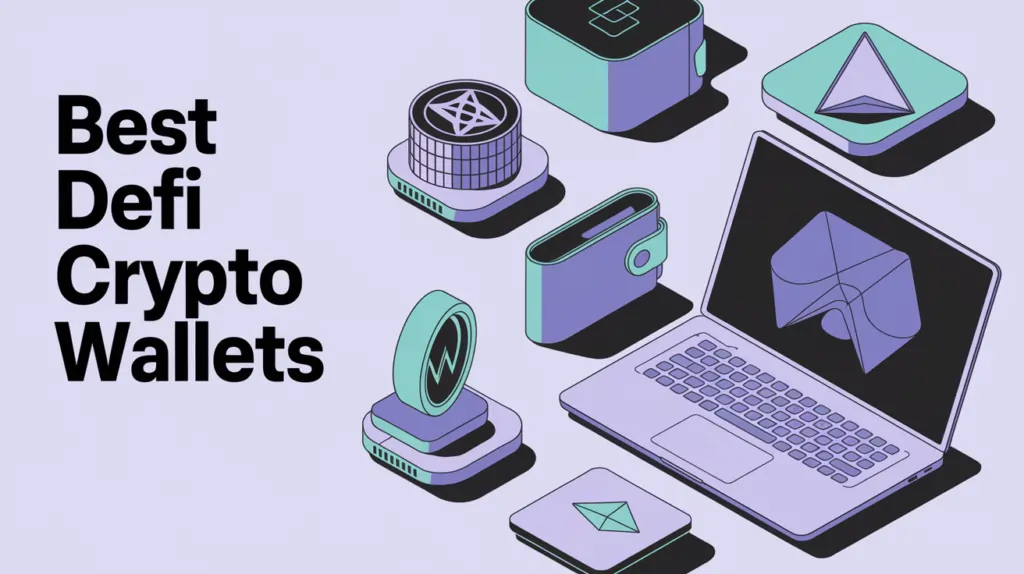
The way we handle crypto has changed. Big time. DeFi is running the show, and if you are in the game, you need a solid wallet. Not just any wallet. A Defi Crypto Wallets that is secure, easy to use, and packed with features.
Because let's be real. Nobody wants to lose their hard-earned crypto to a dodgy platform or struggle with a wallet that feels like it needs a PhD to operate.
With 2025 in full swing, there are more options than ever. Some are top-tier, some… not so much.That is why I have done the digging for you.
Here are the 9 best DeFi wallets you should check out right now.
What Makes a DeFi Crypto Wallets the Best?
1️⃣ Security: Your funds are the priority. If a wallet cannot keep them safe, it is useless.
2️⃣ Ease of Use: If you are a pro or just getting started, a good wallet should not feel like rocket science.
3️⃣ DeFi Features: Staking, swapping, yield farming, and everything else that helps your crypto grow.
What are DeFi Crypto Wallets?
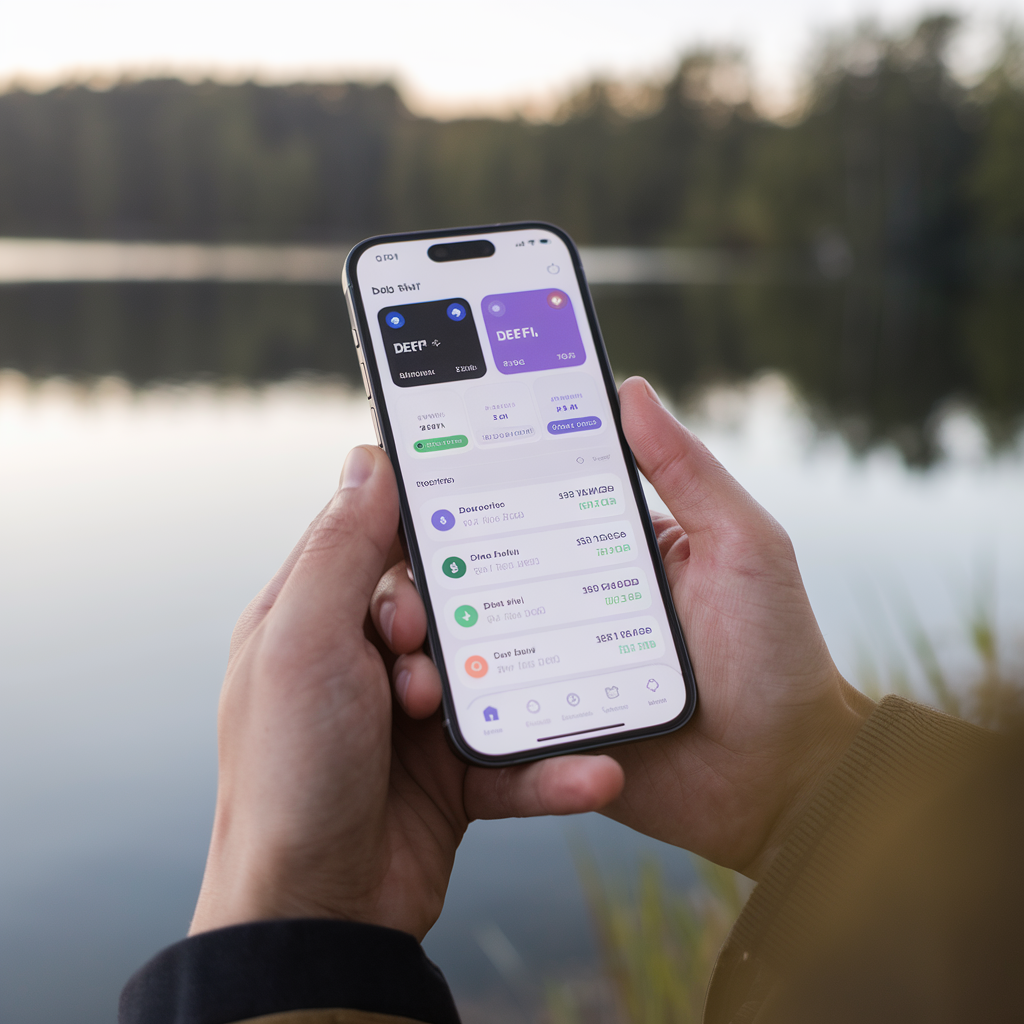
DeFi crypto wallets are specialized digital applications that enable users to store, manage, and interact with cryptocurrencies and decentralized finance protocols.
Unlike traditional crypto wallets, DeFi wallets offer advanced features that allow users to participate directly in decentralized finance activities such as yield farming, liquidity provision, token swapping, and staking.
These wallets serve as a gateway to the DeFi ecosystem, providing secure private key storage while enabling seamless interaction with smart contracts and DeFi applications across various blockchain networks.
They come in different forms, including browser extensions, mobile apps, and hardware devices, each offering varying levels of security and functionality. Most DeFi wallets are non-custodial, meaning users maintain complete control over their private keys and, as a result, their funds. This self-custody aspect aligns with the core principles of decentralization while empowering users with direct access to the expanding world of decentralized financial services.
Top Defi Crypto Wallets
| Wallet Name | Key Features | Advantages |
|---|---|---|
| MetaMask | Ethereum-focused, easy to Use | Smooth DeFi integration, gas fee control |
| Trust Wallet | Mobile-first, multi-blockchain | Staking support, built-in DEX, secure |
| Ledger | Hardware wallet with DeFi Access | Industry-leading security, staking options |
| Trezor | Open-source, multi-Blockchain | Transparent operations, strong privacy |
| Guarda Wallet | Multi-platform, Flexible | Staking options, exchange features |
| Crypto.com Wallet | Versatile with private key control | Strong security, advanced DeFi tools |
| SafePal S1 | Affordable hardware wallet | Air-gapped security, supports many assets |
| Plus Wallet | Rewards for Swaps | Cross-chain compatibility |
| Binance Web3 Wallet | Optimized for Binance ecosystem | Multi-chain support |
1. MetaMask
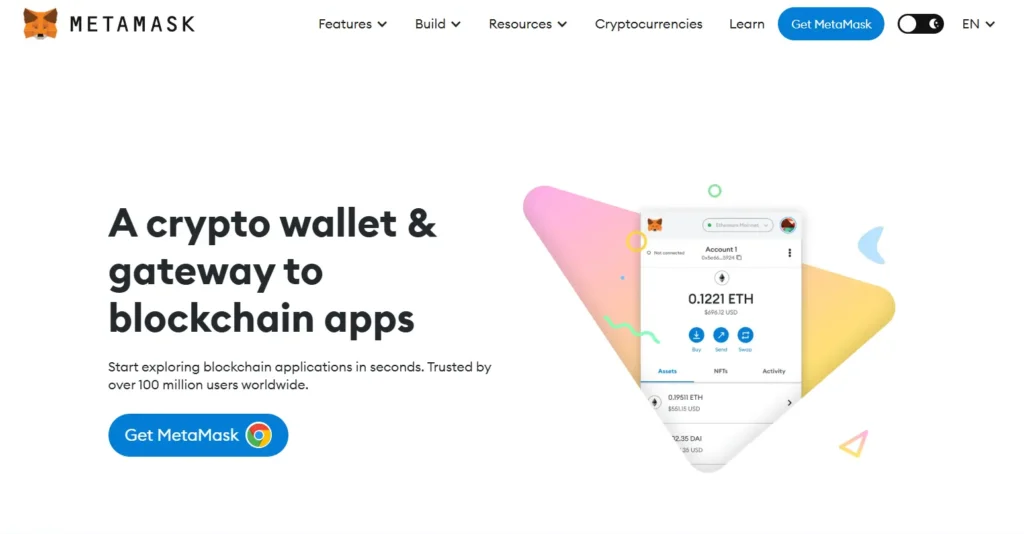
MetaMask is Simple, powerful, and ready for action. If you are dealing with Ethereum-based tokens, this is your best friend. It comes as both a browser extension and a mobile app, so you can switch between devices without missing a beat.
What makes it stand out? Smooth DeFi protocol integration, easy gas fee customization, and a user-friendly interface that even beginners can traverse. You can also connect it to hardware wallets for extra security.
Pros and Cons of MetaMask
Pros
Cons
2. Trust Wallet
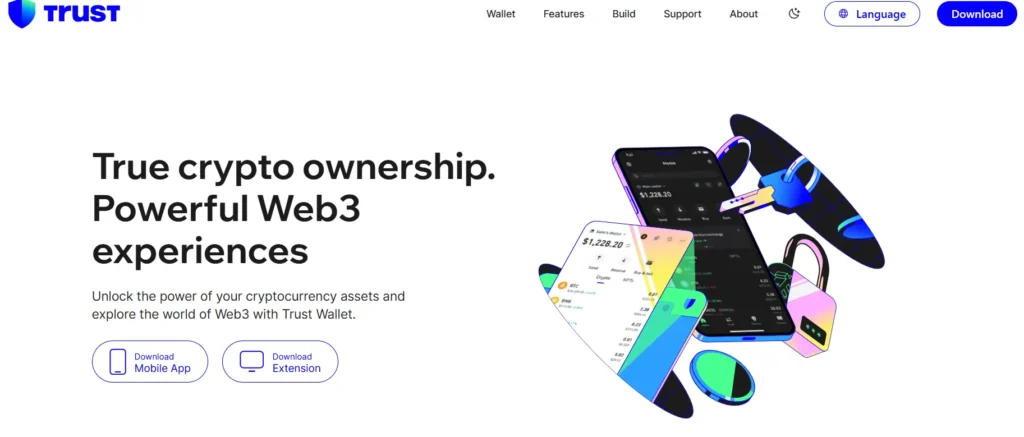
Trust Wallet is for DeFi lovers on the go. This mobile-first wallet supports a mind-blowing number of assets—over 10 million tokens across 100+ blockchains. If you are into staking, swapping, or NFTs, this wallet has got your back.
It comes with a built-in DApp browser, making it easy to interact with DeFi protocols directly from your phone. Plus, strong security features ensure your crypto stays safe. If you prefer a mobile solution that does it all, Trust Wallet is worth considering.
Pros and Cons of Trust Wallet
Pros
Cons
3. Ledger
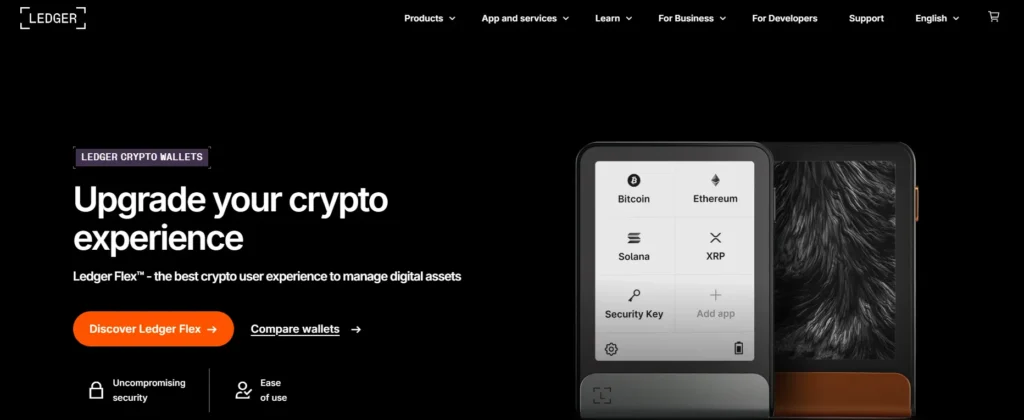
Ledger is the Fort Knox of DeFi wallets. It combines hardware security with DeFi accessibility, so you get the best of both worlds. With support for over 1,000 cryptocurrencies, it is one of the safest ways to store your digital assets.
The Ledger Live interface gives you access to staking, swapping, and DeFi integrations while keeping your private keys offline. It is a bit pricier than software wallets, but if security is your priority, this is a solid choice.
Pros and Cons of Ledger
Pros
Cons
4. Trezor
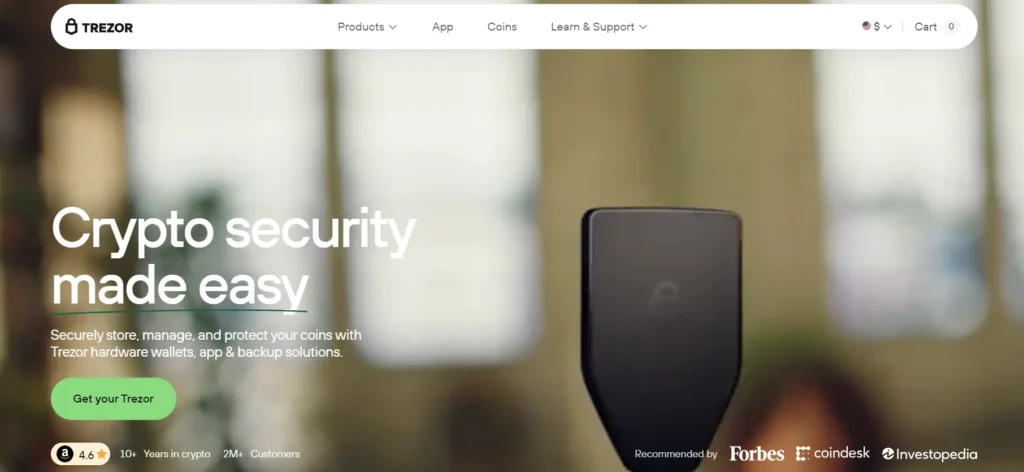
Trezor is another hardware wallet that offers top-notch security while expanding its DeFi capabilities. It supports multiple blockchains, making it a great option for users looking for both security and flexibility.
What sets Trezor apart? It runs on open-source firmware, meaning transparency and security go hand in hand. It integrates with various DeFi platforms, though it still lacks some built-in DeFi features compared to software wallets.
Pros and Cons of Trezor
Pros
Cons
5. Guarda Wallet

Guarda Wallet is all about flexibility. It works on mobile, desktop, and web, giving you full access to DeFi services wherever you are. With support for 50+ blockchains and 400,000+ tokens, you will never run out of options.
It comes with built-in staking, an exchange feature, and even crypto loans. If you want a multi-platform wallet that does more than just store your assets, Guarda is worth a look.
Pros and Cons of Guarda Wallet
Pros
Cons
6. Crypto.com DeFi Wallet
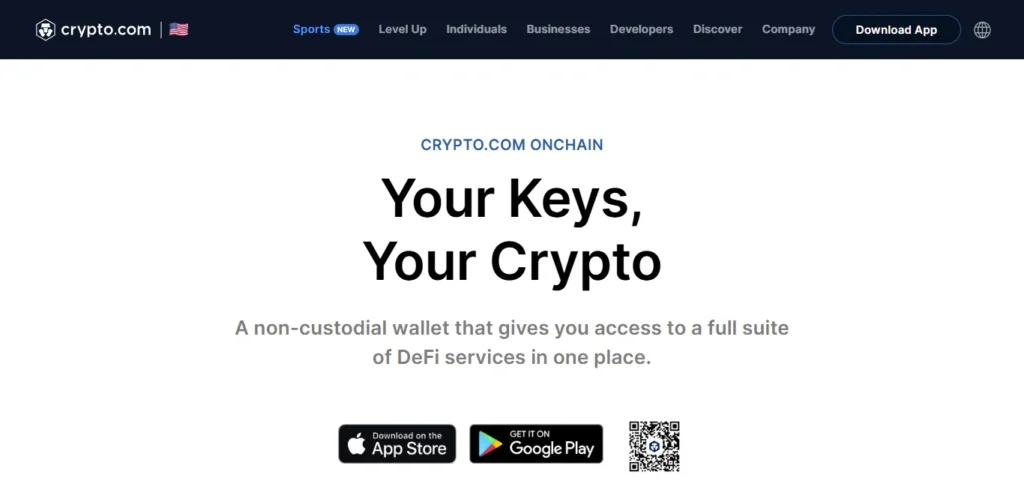
Crypto.com DeFi Wallet is for those who want full control over their funds without sacrificing features. It supports over 350 cryptocurrencies across 30+ blockchains, making it one of the most versatile DeFi wallets available.
Security is a big deal here, with private key control and strong encryption. The swap rates are competitive, and the wallet integrates with various DeFi tools, making it a solid pick for experienced users.
Pros and Cons of Crypto.com DeFi Wallet
Pros
Cons
7. SafePal S1
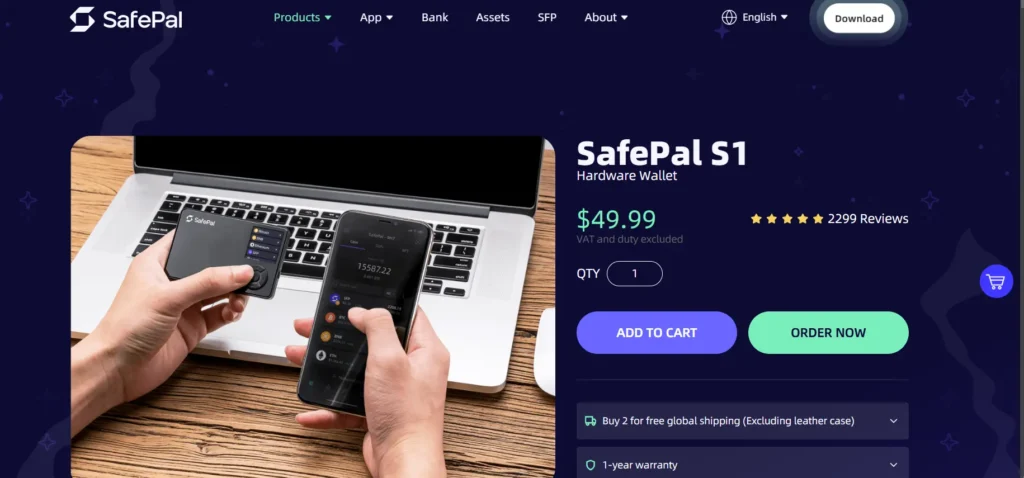
SafePal S1 is an affordable hardware wallet that brings DeFi accessibility into the mix. It supports 30,000+ cryptocurrencies and uses air-gapped security, meaning it never connects to the internet. That makes it almost impossible for hackers to reach your funds.
The mobile app gives you easy access to DeFi platforms, while the wallet itself remains offline and secure. If you want hardware-level security without spending a fortune, SafePal S1 is a great option.
Pros and Cons of SafePal S1
Pros
Cons
8. Plus Wallet

Plus Wallet is a newer player in the DeFi wallet space, but it brings some interesting features. The main highlight? Swap to Earn, a reward system that lets users earn while swapping tokens.
It also supports cross-chain transactions, making it easy to move assets between different blockchains. If you are looking for a wallet with extra perks, Plus Wallet might be worth checking out.
Pros and Cons of Plus Wallet
Pros
Cons
9. Binance Web3 Wallet
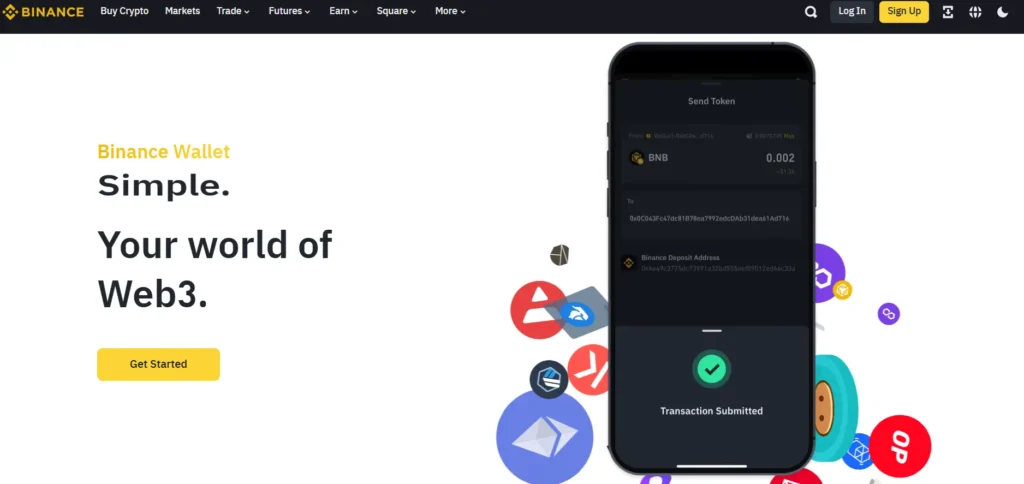
The Binance Web3 Wallet is built for users who want a secure and efficient DeFi experience inside the Binance ecosystem. It offers multi-chain support, smooth DeFi protocol integration, and advanced security features to keep your assets safe.
If you are already using Binance for trading, this wallet makes DeFi transactions smoother. The downside? It is heavily tied to Binance, so if you prefer more independence, this might not be for you.
Pros and Cons of Binance Web3 Wallet
Pros
Cons
Questions? We Have Answers
Final Thoughts on the Best DeFi Crypto Wallets
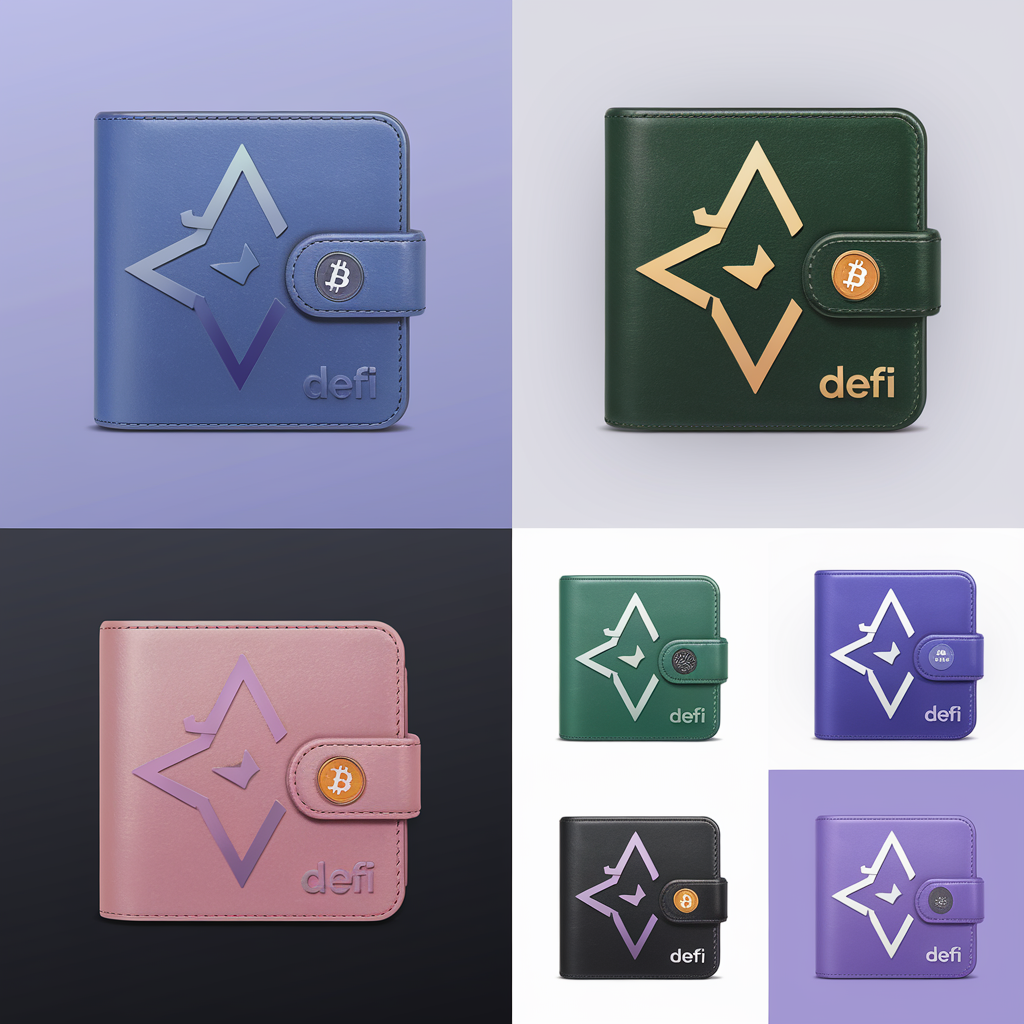
Picking the right DeFi wallet is like choosing the perfect tool for the job. You need security, ease of use, and the right DeFi features to make managing your crypto assets effortless.
Whether you are after hardware-level security with Ledger or Trezor, a mobile powerhouse like Trust Wallet, or an all-in-one DeFi hub like MetaMask, there is a wallet that fits your needs.
If staking, swapping, and yield farming are your thing, go for a wallet that integrates smoothly with DeFi protocols. If self-custody is a priority, non-custodial wallets ensure you stay in control of your private keys.
No matter which crypto wallet you choose, always back up your seed phrase, stay cautious of scams, and keep your funds secure. DeFi is growing fast, and the right wallet will help you make the most of it while keeping your investments safe.

